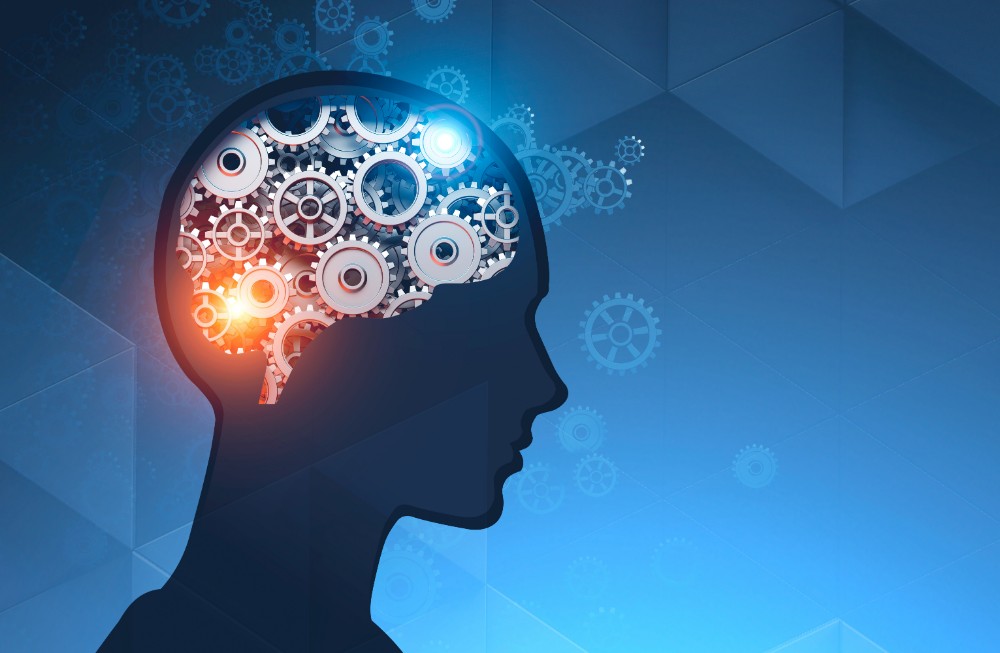
Drug abuse and addiction are complicated. Studies have shown how the brain is impacted, which also impacts emotional responses and plays a role in the emotional ‘reward’ scenario. Things are always more complicated than they seem. Brain-imaging studies show that disruptions in the brain’s frontal cortex can impact cognitive activities, decision-making abilities, planning, and memory. Drug abuse has many facets to it, which require a multi-faceted approach to coping with the effects.
When the Shift Began
Scientists have observed many people who were addicted to drugs that experienced frontal cortex abnormalities. These abnormalities were thought to be incidental side effects of drug abuse. People with frontal cortex damage had impaired decision-making abilities, which may be connected to drug abuse because of the damage to the brain over time. People who use drugs are thought to experience issues in understanding both the long and short-term consequences of drug use. This heightened awareness may be sufficient to help people stop using drugs, with support, but many do not realize the impact it has on their brains and bodies.
Treatment Options
Cognition is a complex array of activities in the brain. In the late 1990s, people reported that cocaine cravings were linked to heightened activity in areas of the frontal cortex that regulate decision-making and motivation. It does not occur in the brain’s dopamine control centers. These findings have been replicated in other studies to demonstrate that addiction is involved in the pleasure centers of the brain. People use drugs because it makes them feel good but they eventually stop using it because of the harm it causes. To treat this means looking at cravings and clues around abnormal activity in the frontal cortex. This has led researchers to believe the brain area may be important in relapse. Without a functioning frontal cortex, one may be able to look beyond some of the basic issues of addiction and realize how impacted the brain is and how difficult it is to overcome with even the best treatment options. For treatment, people need both pharmacological support and therapy to deal with cognitive and behavioral impairments. This includes:
- Medical management
- Mental health support
- Cognitive-behavioral therapy (CBT)
- Alternative therapies as desired
- Group and individual therapies for support
When a person seeks treatment for addiction, they need help to cope with their cognitive and behavioral challenges. They will still have triggers and cravings but this support makes all the difference in the world for people who are struggling and need help. The right support makes all the difference in the world.
The Guest House is based on a Therapeutic Communty model. We help people learn how to live free of addiction. Our community support provides structure while trained counselors offer life skills training and therapeutic techniques to help you move past addiction. Our program provides special focus for professionals including chiropractors, nurses, doctors, lawyers, and more who need help with addiction recovery. Call us to find out more: 855-483-7800.